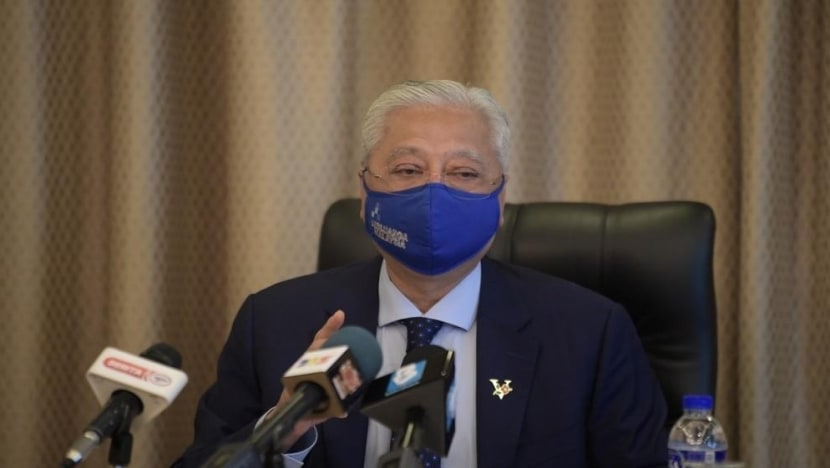Death penalty in Malaysia remains, but will no longer be mandatory for some cases: PM Ismail Sabri

File photo of Malaysian Prime Minister Ismail Sabri Yaakob. (Photo: Bernama)
BERA: The death penalty in Malaysia remains, but it will no longer be mandatory for some cases and judges will be given discretion when sentencing offenders, Malaysia’s Prime Minister Ismail Sabri Yaakob said on Friday (Jun 10).
It comes after Minister in the Prime Minister’s Department Wan Junaidi Tuanku Jaafar said in a statement earlier that the Malaysian government had agreed to abolish the mandatory death penalty.
The de facto law minister said that capital punishment would be replaced by other types of punishment at the court’s discretion.
Mr Ismail Sabri said that the death penalty will no longer be mandatory and judges will no longer be bound by the term that had left them with no choice but to impose the death penalty on criminal offenders such as those in drug trafficking cases.
“We are of the view that everyone deserves a second chance. If there are two options (of sentences), and if the offender is found to be a hardcore drug trafficker to the extent of causing hundreds of thousands of people to die (due to drugs), he can be sentenced to death and allowed to be sent to the gallows," said the prime minister.
“However, if the judge, in his discretion, felt that the offender should be given a second chance and decided to sentence him to life imprisonment with whipping, he can substitute the mandatory death penalty with that life sentence."
The Dangerous Drugs Act 1952 of Malaysia provides for a mandatory death penalty upon conviction, which could leave judges with no choice but to impose the death penalty even though there may be several factors that can be taken into consideration, said Mr Ismail Sabri.
“Sometimes, the case involves an 18-year-old. The judge may find him ‘trapped’ as drugs were found in his bag but he could not prove that they belonged to somebody else, and the court had to send him to the gallows even though the judge felt that the accused was just a young man who should be given a second chance to change," he said.
“We have to understand that the death penalty is not abolished and will remain, it’s just that it will no longer be mandatory."
Ismail Sabri added that although the government agreed in principle to abolish the implementation of the mandatory death penalty, the matter still needed to be scrutinised.













